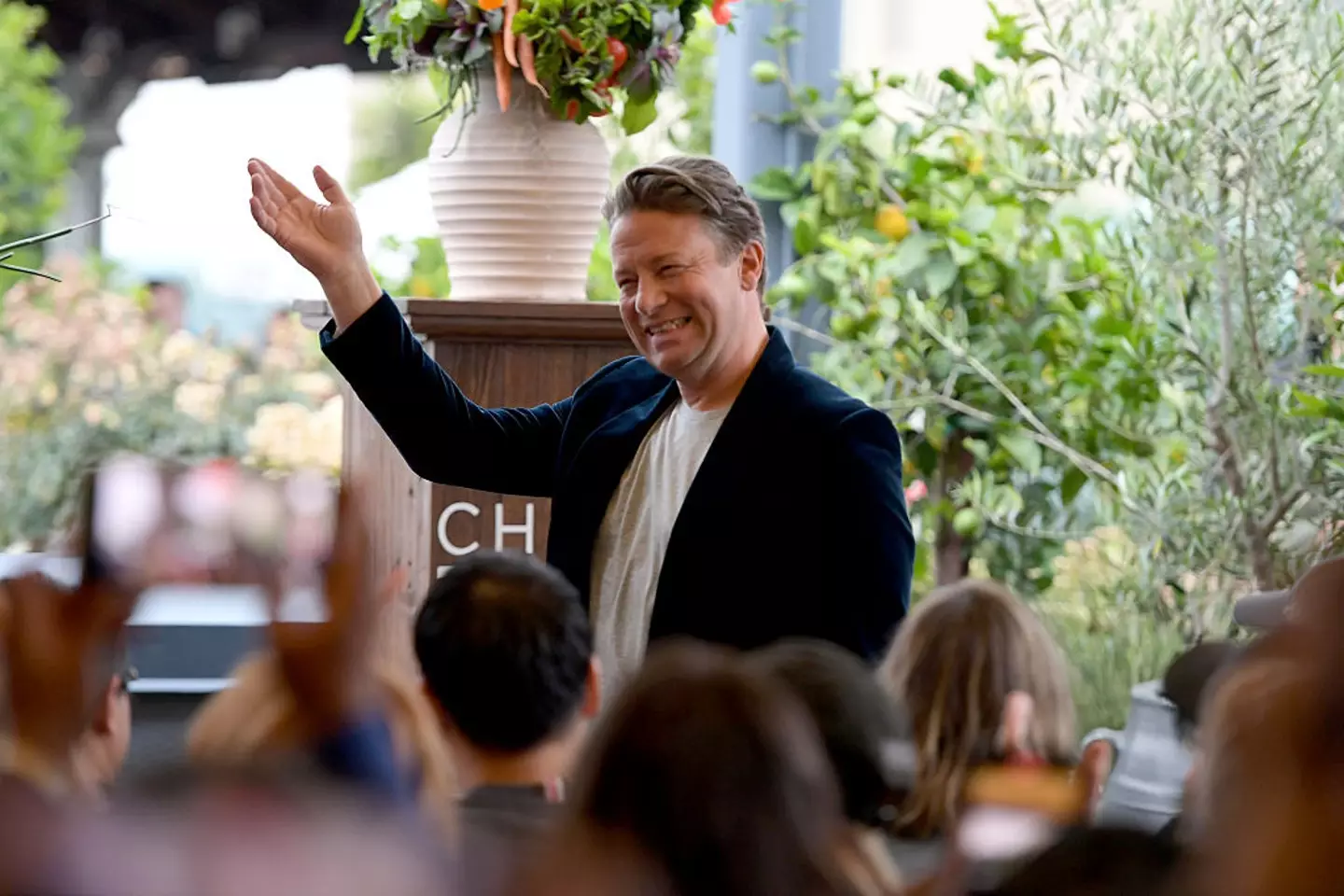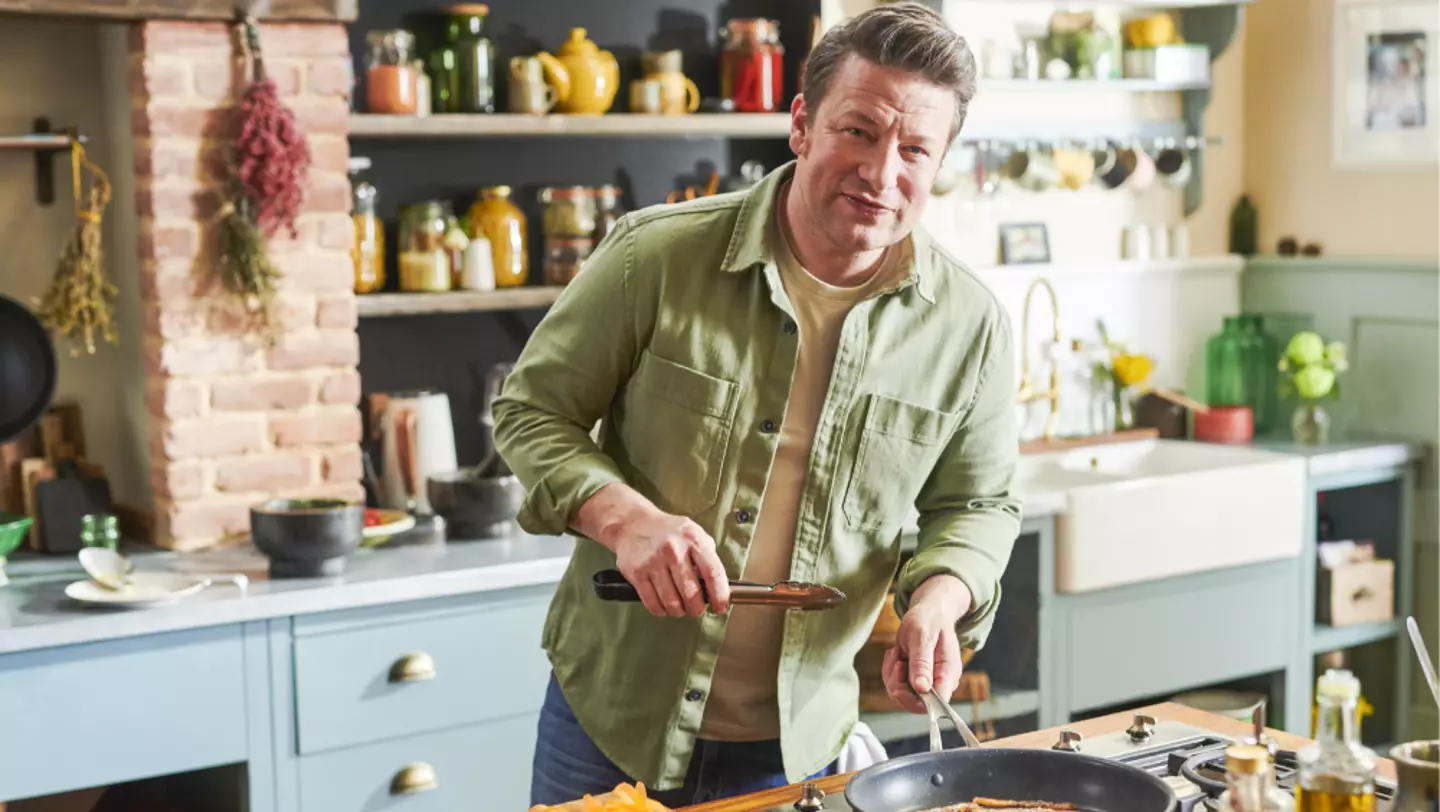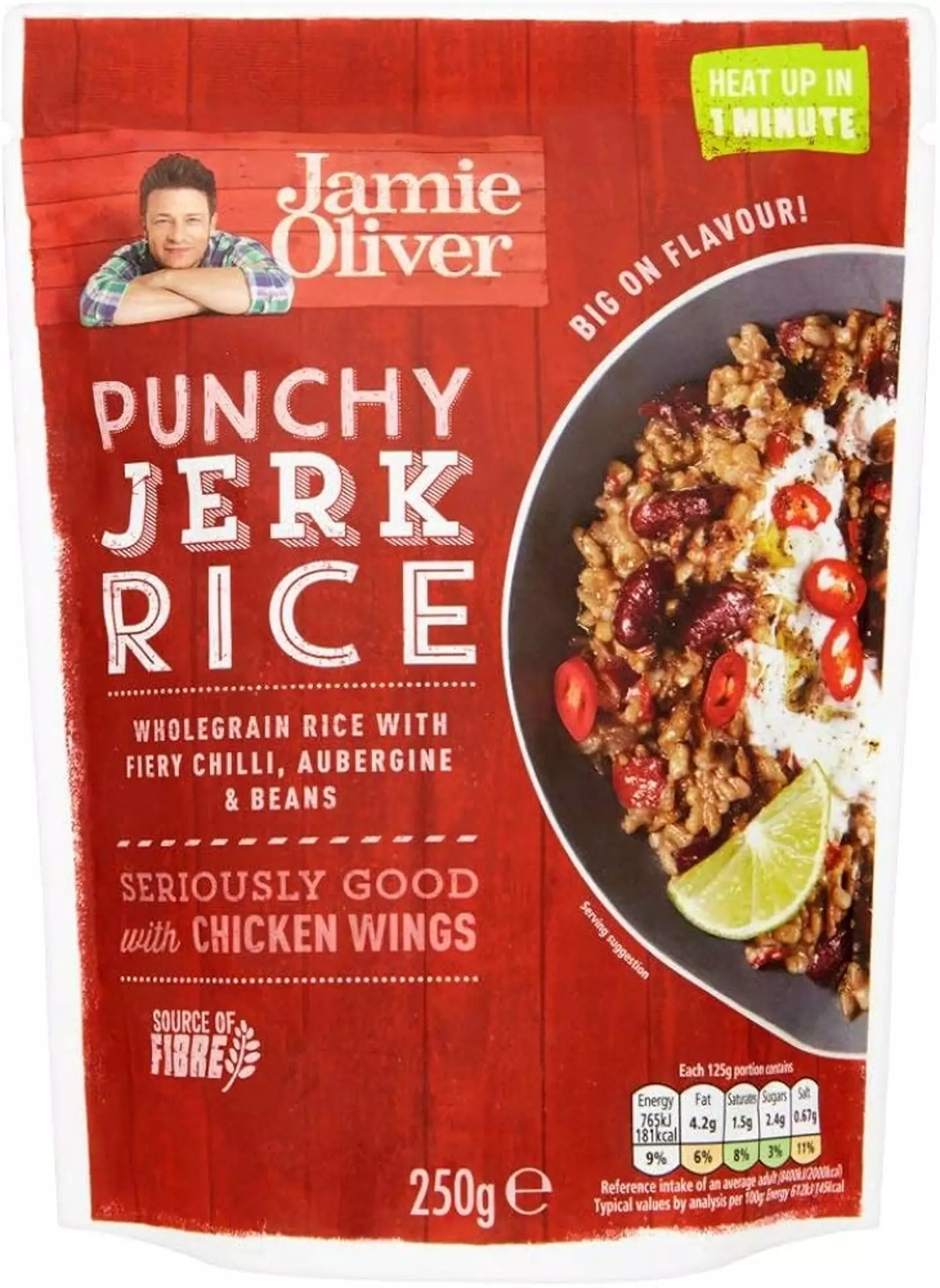
Jamie Oliver has been gracing our screens since 1999, first bursting onto the scene as the mercifully-clothed Naked Chef in a debut show of the same name.
Since then, he’s become a paragon of simple home-cooking, producing more than 20 cookbooks largely focused on cooking exciting, nutritious and easy meals in your own kitchen.
He’s been seen as a breath of fresh air for his down-to-earth approach, and he hasn’t kept his cultural influence to the kitchen either.

Advert
His campaign for healthier school meals famously saw the demise of the beloved Turkey Twizzler in 2005, and he’s continued to stress the importance of providing nutritious meals to kids to give them a platform for a happy and healthy adulthood.
On top of that, his latest documentary, Jamie’s Dyslexia Revolution, sees him calling for greater state school provisions for neurodivergent children.
In a personal and powerful film, available to stream at Channel 4, Oliver details how his dyslexia triggered ruinous consequences for his self-esteem and prospects. Discovering cooking, he says, saved him, but he fears that many more kids aren’t so lucky.

He said he felt ‘stupid, worthless and thick’ in conversation with the Sunday Times, and added that he left school with a hatred of words and a total resentment for education’.
Other kids, he said, called him a ‘stupid dunce’. While those memories likely still sting for the wildly successful chef and cookbook author, it may have given him the thick skin he’s needed to weather insults, allegations of cultural appropriation, and death threats over some of his recipes.
In 2016, he posted a paella recipe that included chorizo, which isn’t a traditional ingredient. For this gentle spin on a classic, he told the Sunday Times that he was sent ‘death threats and abuse that went on for months’, and the same happened when he was spotted adding crushed garlic to a carbonara.

“It’s not traditional but if you want to, why not go for it?” he said of the carbonara incident, and you can apply that same sentiment to his other modifications to traditional recipes.
He continued: “People know so little about food, they don’t even know what’s authentic. I tend not to get offended but you want to be respectful. With appropriation, what you’ve got to be careful of is claiming that you invented something or that something’s yours.”
In 2018, his ‘punchy jerk rice’ ready meal also drew criticism from then-shadow women and equalities minister Dawn Butler who said he ‘didn’t know what jerk was’.

Regardless of your view on the immutability of classic recipes, it’s fair to say no one deserves to receive death threats under any circumstance. We are, after all, a nation whose cuisine is built on appreciating foods from elsewhere and making them our own.
How else could a spice-less nation in the Atlantic come to have chicken tikka masala as one its key national dishes?
As to Oliver’s approach, he told the Sunday Times that he checks with regional specialists when he puts together international recipes.
“The last thing I’d want to do is upset anyone,” he said.
Topics: Celebrity, TV and Film, UK Food
